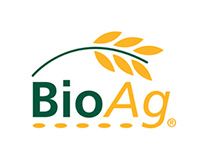Leafy greens
Broadly speaking, leafy greens cover a diverse range of species, including cruciferous vegetables like kale, bok choy, brussels sprouts, and cabbage, as well as lettuces, the leaves of the beet family and herbs and less known edible leafy greens. There are about 8000 plants with edible leaves across the planet including indigenous species.
Specific considerations for leafy greens
Preparing soils prior to planting and building soil carbon levels is important for high-yielding crops. While nutrition is typically supplied as fertigated or foliar-applied fertilisers, options do exist to incorporate sustained release fertiliser during soil preparation.
Soil carbon plays a vital role in nutrient capture, cycling, and delivery to plants as well as supporting microbial populations that help to agglomerate soils, enhancing water infiltration and holding capacity; improving water use efficiency, and building a buffer for plants to heat stress.
A BioAg program can offer sustained release phosphorus and micronutrient fertilisers, as well as a range of soil and foliar biostimulants that supply soil carbon, food sources for crops and soil biology, and natural chelators that aid the binding of nutrients to soils and uptake to plants, thus minimising nutrient loss pathways.
The BioAg approach
BioAg nutrition programs are incorporated into a growers current nutrition program. Our objective is to make fertiliser and other inputs work better and build and support healthy and balanced soils and plants. Programs are custom-made for each block, using advanced soil and tissue analysis. These integrated programs typically incorporate a range of BioAg solid and liquid nutrients, often associated with conventional inputs. BioAg fertility programs can be developed to meet organic certification requirements.
Soil test
An experienced and Fertcare accredited BioAg agronomist works with you and provides technical expertise on your crop. If you don’t already have recent soil test data, we arrange a soil test for you. The results provide essential information about the soil fertility and soil structure for better performance. Download the BioAg soil sampling procedure here.
A tailored program
Based on the results of soil tests, crop requirements and other factors such as soil structure, climate, history of the block, and targets that you are trying to achieve, we provide a tailored program that aims to improve soil fertility and maximise yield response. We support you through the program to ensure that inputs are applied at the right time, in the right way.
Leaf and tissue testing
Any nutritional program cannot foresee the changes in weather, disease, or pests, that may impact a crop. During the season, growers may observe issues or evidence of stress in their crop. This may be due to greater growth or yields than planned, a trace element shortage or abiotic stresses. An on-farm inspection and associated leaf or tissue tests will promptly identify any issues, which can quickly be addressed by applying the appropriate inputs. Download the BioAg leaf sampling procedure here.
High yielding crops require fertile balanced soils
Key to highly productive crops is the function of soils. Soil structure, chemistry and biology are critical in supporting crops throughout the growing season. By improving all aspects of the soil, crops will benefit from improved access to moisture, due to improved infiltration and water holding capacity, improved access to nutrition through improved nutrient cycling, fixation (for N) and a reduction in loss pathways, improved resilience to abiotic stresses and disease, improved root growth providing access to additional moisture and nutrients as well as improved carbon sequestration and a range of other benefits (click for more on soil health).
Beneficial microorganisms stimulate the plant’s root growth and help protect it from abiotic stresses. This is made possible through mutually beneficial relationships that microbes develop with plants, for example mycorrhizal associations. BioAg products programs supply essential macronutrients (N, P, K, S, Ca), trace elements (B, Zn, Cu etc.), microbial food and metabolites beneficial microorganisms that colonise root systems, improving soil function, plant health and productivity.
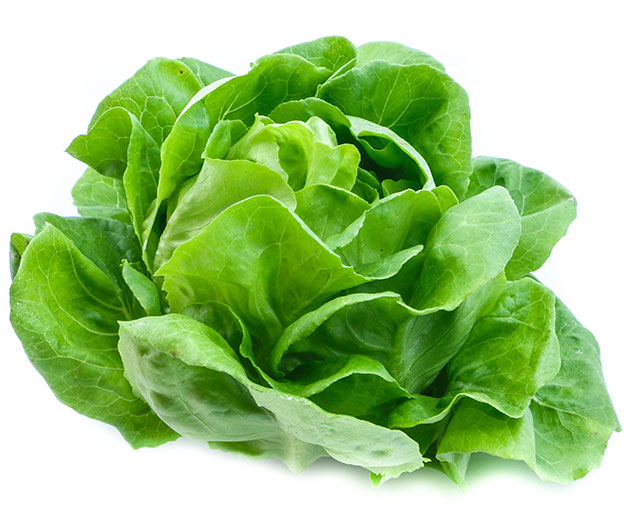
Leafy greens (that do not form heads) – key features of a BioAg program
The following table illustrates the cropping process and potential solutions depending on soil test results and other contributing factors. Call your BioAg Area Manager to discuss your individual needs.
Leafy green resources
- Soil-nutrient relationships
Nutrients, such as calcium and magnesium, may be supplied to plants solely from reserves held in the soil. Others like phosphorus and nitrogen are added regularly to soils as fertiliser to be withdrawn as needed by crops.
- Biostimulants increase yield benefits
The yield map from the Summer 2023 harvest near Brocklesby in Southern NSW visibly shows the positive impact of BioAg’s biostimulant program on yield.
- Leaf and tissue testing
Your BioAg Area Manager may recommend a leaf or tissue test in addition to a soil test. In some cases, your BioAg Area Manager will do the leaf or tissue testing with you or for you. Use this procedure if you are doing the sampling without a BioAg expert present.
- Regenerative agriculture
The term regenerative agriculture has become aligned, or associated hand in hand, with the improvement of soils, improved soil fertility, and the benefits this provides to farms and rural communities. The approach typically promoted is a holistic one, taking into accoun...
Recommended products
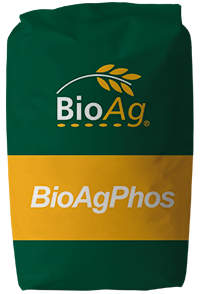
BioAgPhos
Solid Fertiliser
Highly reactive phosphate fertiliser made from high-grade reactive phosphate rock combined with BioAg’s microbial digesting agent.
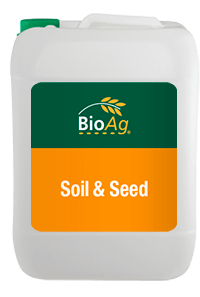
Soil & Seed
Biostimulant
Formulated to improve soil microbial activity, natural soil fertility and moisture and nutrient utilisation.
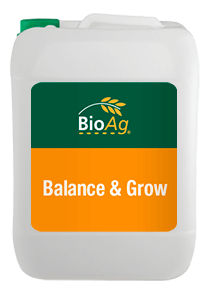
Balance & Grow
Biostimulant
Formulated to increase vegetative growth, root development and soil microbial activity. Ideal for broadacre, pastures and horticulture.
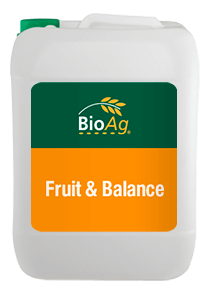
Fruit & Balance
Biostimulant
Formulated to increase flowering, fruit set and soil microbial activity. Fruit & Balance enhances the nutritional value and quality of fruit or grain by increasing plant sugar levels.
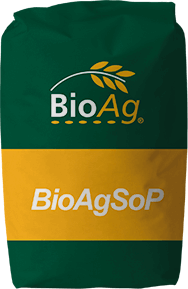
BioAgSoP
Solid Fertiliser
Organically certified granular form of fertiliser containing potassium and sulphur. Immediately available to crops and plants. Ideal for crops with a high potassium demand and sensitive to chloride.
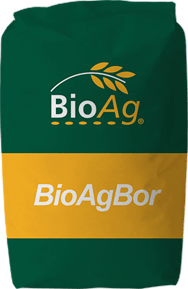
BioAgBor
Trace Element
A sustained-release form of boron suited to a range of enterprises such as horticulture, vegetables, pastures and field crops.
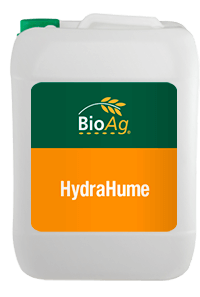
HydraHume
Biostimulant
A liquid solution of Potassium Humate providing a product suited to building soil humus and increasing soil fertility.

Committed to organics
With a core range of natural fertilisers and biostimulants, BioAg can offer an extensive range of products certified by Australian Organics, suitable for use in organic systems.
